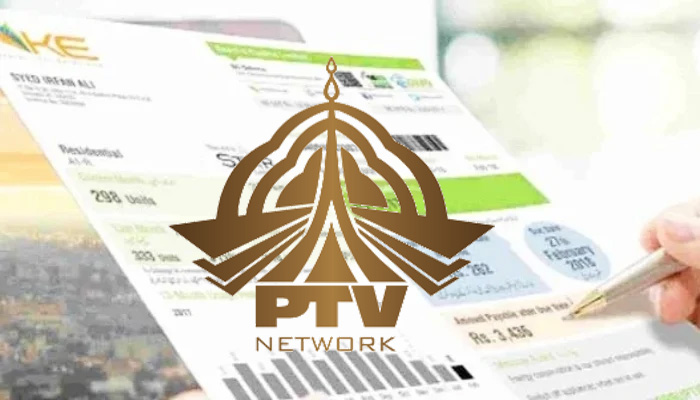The federal government is set to abolish the Rs35 monthly PTV fee charged to over 40 million electricity consumers, marking a significant relief measure. Prime Minister Shehbaz Sharif will soon formalize the decision, ending a controversial levy that contributed Rs1.5 billion monthly (Rs16 billion annually) to the state-run broadcaster. Officials stated the move aims to reduce financial strain on households and businesses amid soaring utility costs.
In a parallel development, the National Electric Power Regulatory Authority (NEPRA) reduced the national average power purchase price (PPP) to Rs25.98/unit for FY2025-26—a 3.77% drop (Rs1.02/unit) from the current Rs27/unit. The total PPP for ex-WAPDA distribution companies (XWDiscos) is set at Rs3.066 trillion, with 63% (Rs1.941 trillion) allocated to capacity charges—a persistent pain point in Pakistan’s energy pricing structure.
Despite the reduction, capacity charges (Rs16.67/unit) continue to outweigh energy charges (Rs9.67/unit), reflecting inefficiencies in the power sector. NEPRA’s data shows capacity payments—covering idle plants and transmission costs—have risen steadily, from Rs16.22/unit in FY24 to Rs16.67/unit now. The Central Power Purchasing Agency (CPPA-G) projected further variability based on exchange rates (Rs280–300/USD) and demand growth (3–5%).
While scrapping the PTV fee and lowering the PPP offer short-term relief, experts stress that addressing capacity payments and reducing transmission losses (currently 17–19%) are critical for sustainable tariff reductions. The government faces mounting pressure to overhaul the energy sector, where fixed costs consume two-thirds of power expenses, leaving consumers vulnerable to inflationary shocks. The coming months will test whether these measures translate into tangible bill reductions for struggling households.














